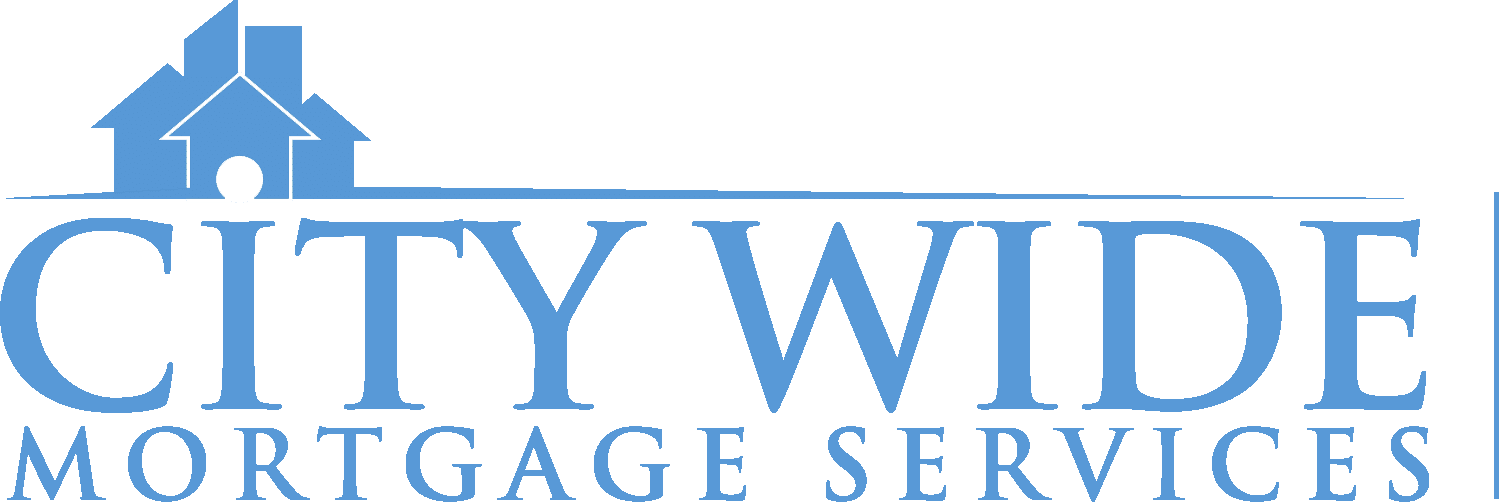What a Pre-Approval REALLY is

A pre-approval may not be what you think. We in the industry should really change the name from “pre-approval” to “rate hold,” as that’s largely what this is.
A pre-approval is not a guarantee that you will get approval, nor should having one be reason to write a subject-free offer. In the best case, a pre-approval means a lender has reviewed your application, told you what mortgage amount you can qualify for & held a rate for you while you look for your home. What the lender doesn’t know at that time, though, is what property you are buying or if the information in your application is accurate, which are key aspects of getting a mortgage approved.
Because pre-approvals aren’t fully underwritten, they aren’t totally accurate. The last thing you want is to waste time looking at properties in a price range that you aren’t going to qualify for so make sure you are as detailed as possible in your application & have your broker review your documents early on to avoid surprises down the road.
What can go wrong? Well, what if the building you want to buy in is a leaky condo? Or a heritage house? Or has a commercial component? What if the property is on leasehold land? What if your offer price is higher than the property is actually worth? Maybe you wrote your expected income in the application, or factored in commission income without a 2 year history of that income. Perhaps your down payment is coming from a family gift but you wrote it as being part of your savings. The reasons for deals falling apart are endless. The reality is most borrowers are going to have a different idea about what is acceptable than the lender.
When you do find a property you’d like write an offer on, let your broker know as early as possible so they can begin gathering the necessary documents & reviewing options for approval. Getting as much done early on will avoid surprises & ensure a smooth approval.
One final note on pre-approvals is that over the last few years, many lenders have flat out stopped offering them or do them based on rates much higher than what you can get on a “live” deal. Setting aside funds at a specific rate costs lenders money, as does paying staff to review & issue your pre-approval. All this work is wasted if the lender doesn’t end up getting your mortgage. Lenders don’t start making money until a mortgage funds & I suspect more & more lenders will trim down their “pre-approvals” in the coming years.


